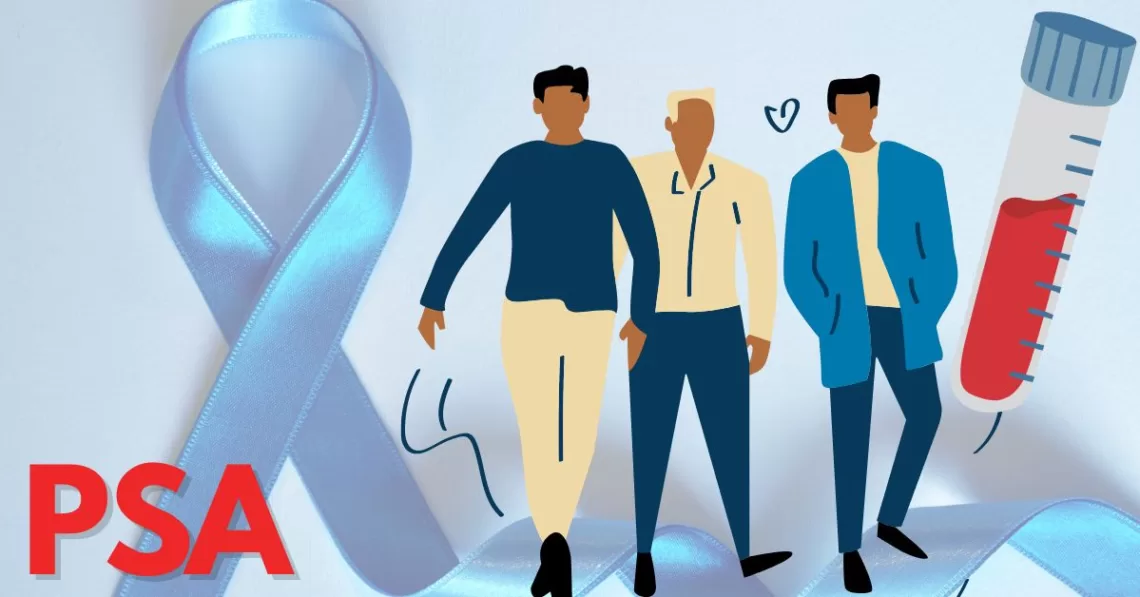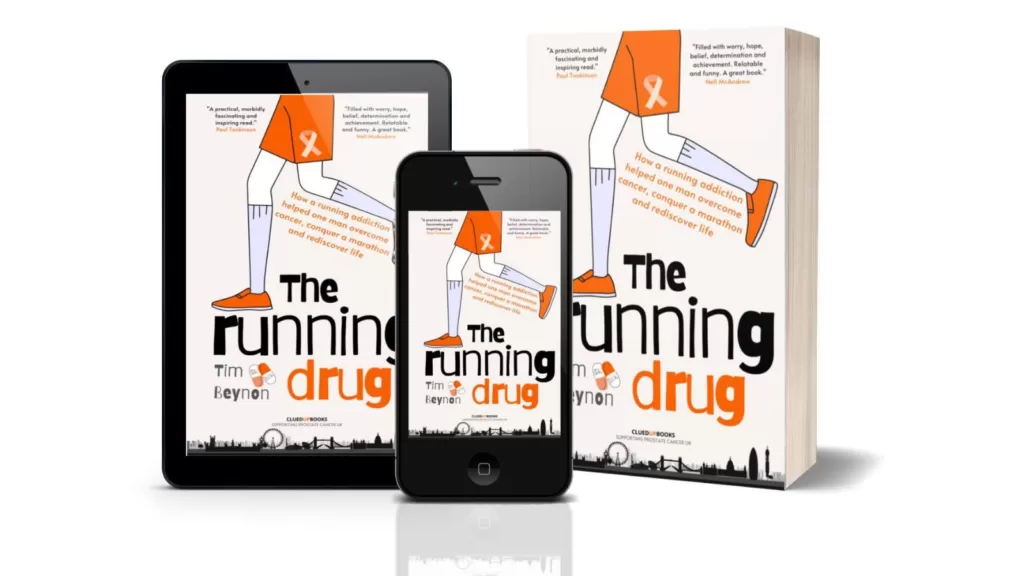
Prostate cancer risk factors for men in their 40s
Like Werther’s Original, cardigans and an afternoon nap, prostate cancer is seen by many as being exclusive to older men. A problem to be worried about once you pick up your bus pass, it is brushed over by those in their forties and fifties, alongside thoughts of pension maturity and retirement. The reality, however, is that it can strike men at a much younger age. I should know, I was diagnosed aged 40.
Of course, the likelihood of being diagnosed with prostate cancer – the most common cancer in men in the UK – increases with age, especially for those over 50, but it is not unheard of in younger men. Your risk of contracting the disease in your 40s is higher if you are black, or if you have a close relative who had the disease, but as was the situation with me, it can also strike if you are white, with no family history and no symptoms.
However, the reality is that 74% of men in the UK don’t even know what their prostate does, let alone what their risk factor of contracting the disease is.
Staggeringly, in the same research by the brilliant Prostate Cancer UK, 44% of men couldn’t pinpoint where their prostate is on their bodies. Only a third of men, meanwhile, realised that early stage prostate cancer can be entirely symptom free.
These worrying statistics prove how vital it is that men of all ages learn more about this devastating disease – which one in eight men in the UK will contract – and take positive action to assess their own risk.
My prostate education began after I attended a free NHS health check upon turning 40. The blood test flagged that I had a raised PSA (prostate specific antigen) level and a call back from the doctor set in motion a long series of tests and meetings that eventually resulted in a diagnosis of a tumour on my prostate.
Thankfully, my cancer was caught early enough for it to be treated – through the removal of my prostate by a highly skilled team of doctors and a giant robot – but, had I not attended my health check, not had the PSA test and continued not to have any symptoms, my cancer would have been terminal by the time I reached 45.
This year I turned 46 and every day I count my lucky stars that I attended that health check. Today, I’m able to play with my children, enjoy a walk in the countryside, hold my wife’s hand, watch the red kite that likes to fly over our house, laugh at rubbish on the television and moan at whatever’s on the news. But it could have been so different.
Knowledge is power
It therefore worries me that conversations around prostate cancer still seem to omit men in their 40s, as if the low risk means that they can be forgotten. However, for me it makes far more sense for this to be the decade during which men are educated about their prostates and their own risk. Indeed, if men in their 40s are more knowledgeable about the disease, aware of their personal risk and even armed with a baseline measure of their own PSA level, they will be much better prepared for the years to come.
The alternative is that men remain largely ignorant into their 50s and 60s, unaware of their risk or of how their PSA level may have changed over time. This could result in a ticking time bomb of prostate cancer cases in which men needlessly present with advanced cancers when greater understanding and earlier awareness could have saved them.
Although far too complex to go into here (I will save this for a future post), the subject of PSA is a controversial one, as many refute its value as an indicator, due to the fact that PSA can be raised for a number of reasons. However, I have always viewed it as the first, vital piece of a diagnostic jigsaw puzzle. It will not in isolation prove that you have prostate cancer, but it gives you knowledge from which you can then make informed decisions for yourself – something that is surely every man’s right.
Knowledge is power, as they say. So, I would recommend that every man – 40 and above – reading this takes 30 seconds out of their lives to visit the Prostate Cancer UK Risk Checker to get an indicative measure of their personal risk. The Checker will ask you three questions in regard to your age, family history and ethnicity and then give you an assessment of how likely you are to develop the disease when compared to the general population.
Thereafter, it is up to you. You could choose to ignore the risk and leave your future to chance, or you could be proactive and ensure that you know what your risk and your PSA level is today, so that you can monitor it over time.
It’s as easy as a blood test.
No one is going to ask you to drop your trousers, or stick a gloved finger anywhere, but you may need to either insist on the PSA test, if your local GP says you are too young, find a charity that can do it for you, or pay for a private test. Whatever route you choose, taking your prostate health seriously is a decision you’ll never regret.
Further reading: The Running Drug

After I was diagnosed with prostate cancer, I threw myself into running as a means to deal with the mental health challenges that I found myself facing. After my treatment, I signed up for the London Marathon.
The Running Drug is the end result. The book covers both my prostate cancer and running journeys, reflecting on the highs, lows and darkly comic moments of both. Profits from the book also go to Prostate Cancer UK.
£6.99 on Amazon – you can also read more about it here.





One Comment
Molly | Transatlantic Notes
It definitely seems like people believe prostate cancer is something to think about in older age and not as young as 40. Thank you for sharing your experiences with this to raise awareness about the measures to take.